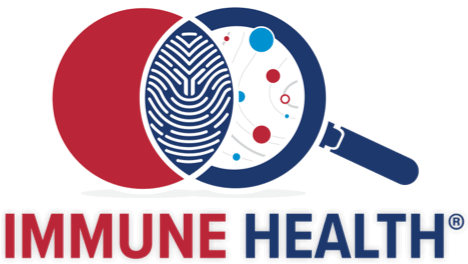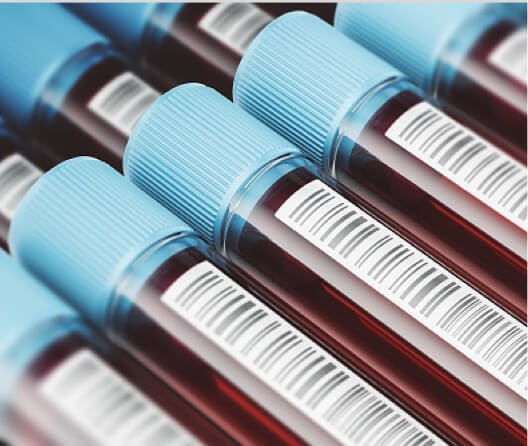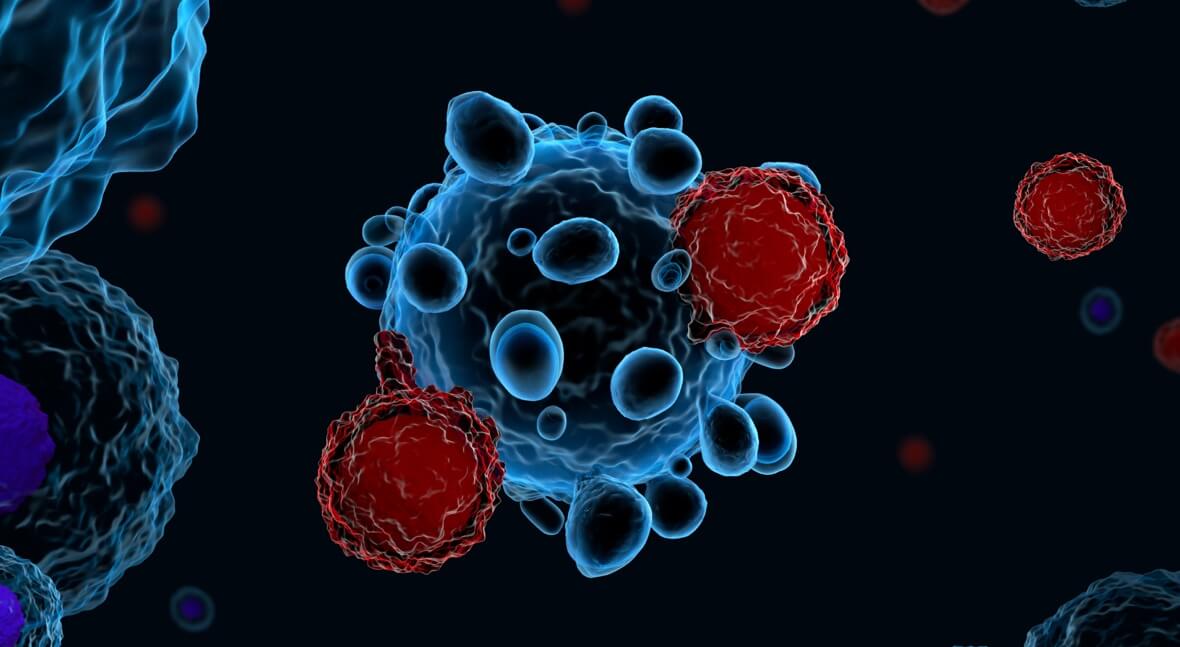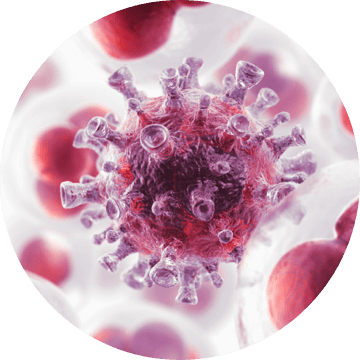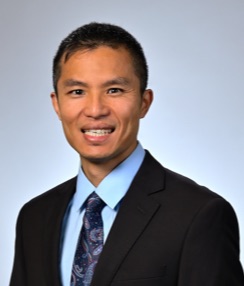Melanoma
Penn’s Center for Cellular Immunotherapy continues to refine Penn-discovered CAR T-cell therapy to treat more blood cancers. Now more than 10 years after initial infusions, new research published in Nature points to prolonged remission in patients treated with CAR T-cell therapy for chronic lymphocytic leukemia. Summer 2022 marked an additional approval of the FDA-approved therapy, Kymriah®—this time for use in patients with relapsed or refractory follicular lymphoma—its third indication since 2017.
Doug Olson was only 49 and had always been healthy until 1996, when he was diagnosed with chronic lymphocytic leukemia. Six years went by without the cancer progressing. Then it started to grow. He went through treatment, but the cancer kept coming back.
Doug was facing a situation with very few options when his oncologist, David Porter, MD, Jodi Fisher Horowitz Professor at Penn’s Abramson Cancer Center, offered him a chance to be among the very first patients to try something unprecedented, known as CAR T-cell therapy.
In 2010, Doug became the second of three patients to get the new treatment—and today, 10 years later, he is still cancer-free.
Dr. Porter shares Penn’s forward-thinking approach that reflects the very reason therapies like CAR T exist for patients like Doug and Bill Ludwig, the first CAR T patient, who sadly passed away from COVID-19. "We often say that we learn something from every patient we treat with these therapies, and Bill and Doug, in particular, have given us so many clues that keep us focused on the next generation of personalized therapies."
Brain Cancer
Donald M. O’Rourke, MD, and his research team are at the forefront of utilizing CAR T-cell therapy to target glioblastoma. In the first-in-human Phase 1 clinical trial, Dr. O’Rourke and his team proved that CAR T-cell therapy is safe for recurrent glioblastoma, and second-generation trials are underway.
Ovarian Cancer
With more than 80% of ovarian cancers being diagnosed at advanced stages, it remains the most lethal form of gynecologic cancer and there have been few significant advancements in treatment for 30 years. Daniel Powell, PhD, Associate Professor of Pathology and Laboratory Medicine, and Payal Shah, MD, Assistant Professor of Medicine, are working to change that by advancing studies of CAR T-cell therapies in women with recurrent ovarian cancers. The team identified a highly promising target for CAR T-cell therapy—the protein alpha folate receptor (aFR), which is expressed in 80-90% of ovarian cancers. They have successfully created and administered these aFR-specific CAR T cells in several cohorts of patients in an effort to trigger anti-tumor immunity and achieve clinically meaningful tumor responses. Results have been promising.





